
APK teardown reveals Google Play Points loyalty scheme
Google already gives you a way to earn money with your phone via its Rewards app, but it looks as though a new loyalty scheme could be on the horizon too.
A teardown of the Play Store APK reveals reference to "Google Play Points". While little is known about it at the moment, it appears to offer a way to earn points that can spent on things in Google Play.
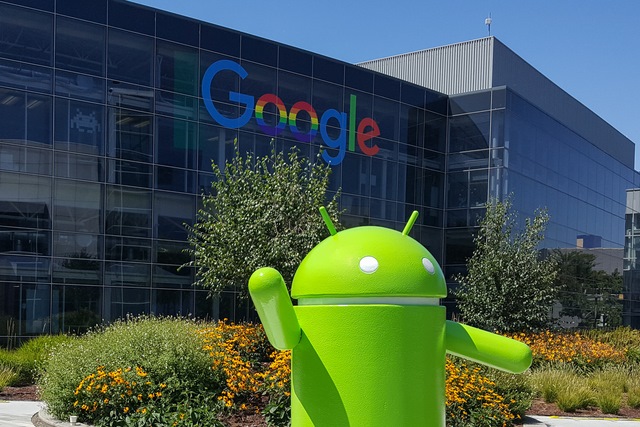
Developers can now use staged releases in Google Play to test their Android apps on users
Google has announced that developers can now take advantage of a new "staged releases" feature to roll out new versions of their apps to a small percentage of their user base.
The feature was first revealed at Google I/O earlier in the year, and Google says that it will give developers the chance to test new features on a limited number of users before opting for a wider rollout.
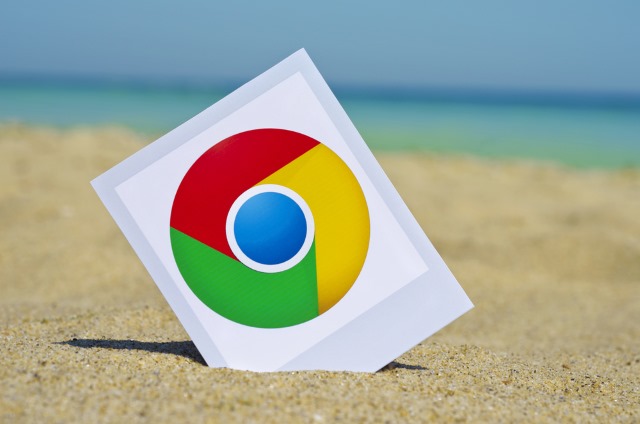
How get rid of Chrome's stupid new rounded look
The celebrate the 10 anniversary of Chrome, Google pushed out version 69 of the browser complete with a new look. Many people find change hard to accept, and for some Chrome users, the rounded look that Google has introduced feels like a step back in time.
If you prefer the way Chrome used to look, you'll be pleased to hear that you're not going to be forced to stick with the redesign. There's a hidden setting that you can tweak to get things back to how they used to be.
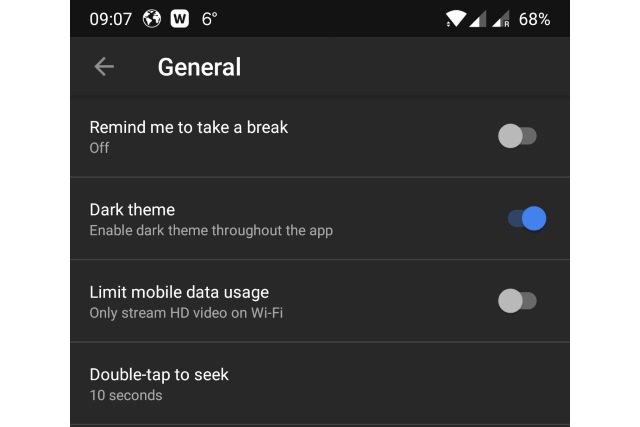
How to enable the dark theme in YouTube for Android
Dark themes have become very popular recently. Whether this is because of them being easier on the eye, people going through a Gothic phase, perceived battery saving, or just a passing fad is not clear, but plenty of apps are getting in on the idea.
The latest to jump on the bandwagon is YouTube for Android. Google is rolling out an update at the moment that brings dark theme goodness to your favorite video app -- here's how to enable it.
Have you seen Chrome 69? It's had a 10th-anniversary 'Material Design' refresh
Finding the right web browser isn’t easy. As a Chrome user for years, I was forced to switch when it went through a much-publicized Mac slowdown, moving to Safari. I became rather impressed with Safari, particularly if you move between the iOS and desktop edition.
Problem is, add a Windows PC into this mix and you’ll find there’s little point using Safari. So I switched to Firefox as recent UI changes made it look as fantastic on a Mac as it does on a Windows 10 computer.

Google Chrome gets a 10th Birthday makeover
When Google released its Chrome web browser ten years ago, everything changed. At the time Microsoft's terrible Internet Explorer reigned supreme -- it was a slow and bloated piece of software with massive security issues. Many people only used it because it came pre-installed on Windows. It seemed unfathomable to even try to compete since Microsoft's browser was already installed -- how do you convince users to switch?
Google managed to convince consumers to switch through speed and good design. You see, Chrome was simplistic and focused. More importantly, it was fast. Users were given a clear reason as to why Chrome was superior. Over time, Chrome has become more bloated, but it remains the best web browser on all platforms. Today, the search giant celebrates the Chrome web browser's 10th birthday with a makeover -- on both desktop and mobile.
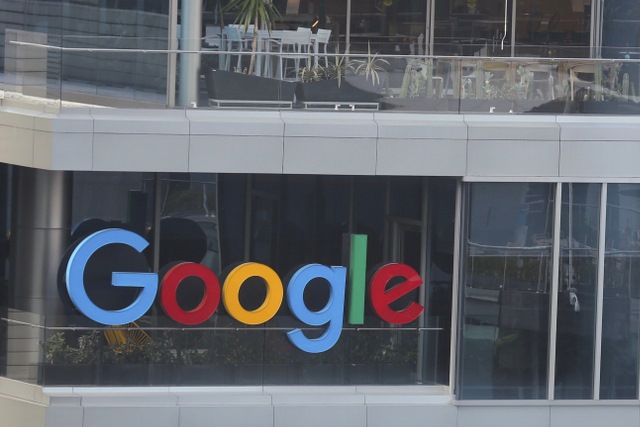
Google's new Content Safety API will fight child abuse images with AI
Google has announced the release of a new Content Safety API with the aim of helping to combat child sexual abuse material (CSAM) online.
The announcement comes as UK home secretary Sajid Javid called on technology companies to do more to tackle the problem of child abuse imagery on the internet, and the API has two main aims. The first is to make it quicker and easier to detect and remove CSAM, while the second is to do so without having to expose human content-checkers to so much abuse content.
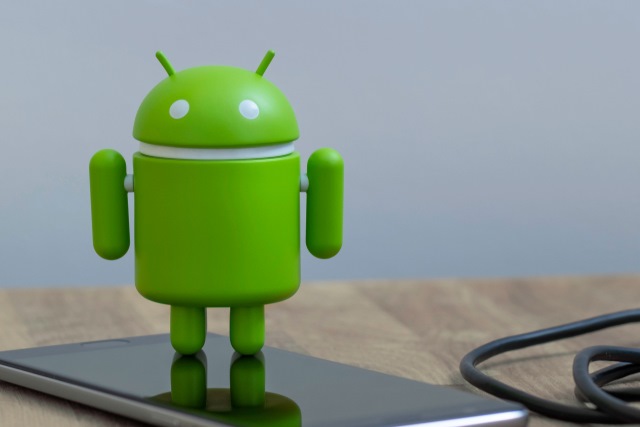
Unless you upgrade to Android Pie, a vulnerability leaves your phone trackable -- and Google won't fix it
A vulnerability in the Android operating system means that it is worryingly easy to track and locate phones. While the issue has been addressed in Android Pie, Google has no plans to patch the vulnerability in earlier versions of its mobile OS.
The vulnerability (CVE-2018-9489) was revealed in a report from Nightwatch Cybersecurity which warns that it can be used to "uniquely identify and track any Android device" and also to "geolocate users". As well as Google's own Android builds, the problem is also said to affect forked versions such as FireOS.
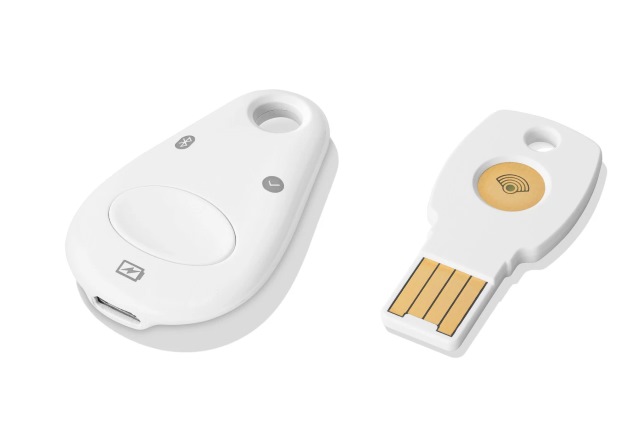
Experts voice concern after discovering Google's Titan Security Key is made in China
While the US and UK governments continue to eye China with suspicion, blocking the use of some Chinese hardware because of national security concerns, it has come to light that Google's Titan Security Key is produced in China.
The keys are supposed to boost security through the use of two-step verification, but security experts are calling for transparency about the supply chain for the hardware after it was revealed it is produced by Chinese company Feitian. There are concerns that the devices could be compromised by Chinese hackers (state or otherwise) to spy on users.
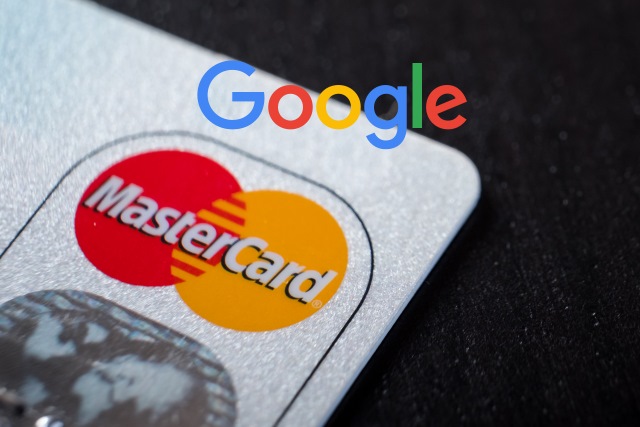
Google is able to track your offline purchases thanks to a secret deal with Mastercard
It's no secret that Google -- and other companies -- track your online purchases; it's one of the reasons you see the ads you do, for instance. But a secret deal between Google and Mastercard means that it is also possible for the internet giant to track your offline purchases.
Google offers a service called Store Sales Measurement that makes it possible for advertisers to determine whether their online ads results in offline sales. A report from Bloomberg reveals that this was all made possible because of the deal between Google and Mastercard in the US-- one that raises serious privacy questions.

Google's Two Pixel Problems
Like unwanted mushrooms popping up after rain, Pixel 3/XL rumors are everywhere. Google gets gravy from all the free fan- and blog-post hype. Am I imagining, or is there even more buzz than for the next iPhone(s), which presumably comes soon (Apple sent out invites yesterday for a September 12 product event).
Buzz is the measure of interest—and while iPhone has commanding market share, Pixel's mindshare is formidable. Someone tell me: Is Google's new device really going to be that good? The leaked photos aren't that inspiring with respect to design (little is different). Or perhaps expectations about iPhone X (and its companions) are low—and maybe for good reason.

Google's Titan Security Key now available for $50
A month after it was announced, Google is now selling its Titan Security Key for $50. Currently available in the US, the FIDO-compatible keys help to boost security with two-step verification (2SV).
Google boasts that the keys have "special sauce" in the form of tamper-resistant firmware that helps to further improve security. Costing roughly the same as a Yubikey, Google is hoping to offer a viable alternative to the current FIDO key leader.

You may soon be able to sign into Windows 10 with a Google account
At the moment, you have two options when using Windows 10. You can create a local account, or you can use a Microsoft account to sign in. In the future, however, it’s possible that you might also be able to sign in using your Google account details.
ChromeStory spotted a massive code commit on the Chromium Gerrit site which refers to a "Google Credential Provider for Windows."
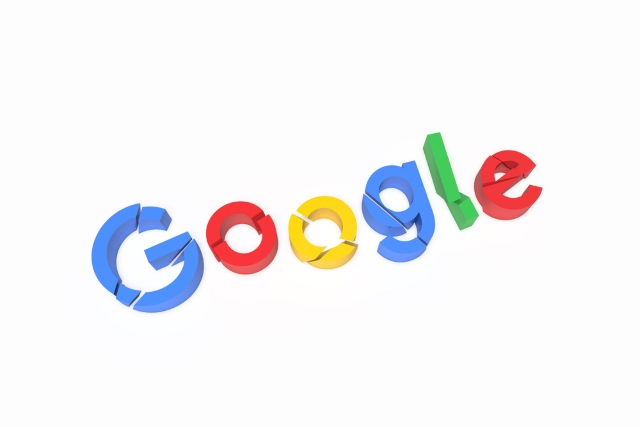
Google denies bias after Trump launches accusatory attack on the search giant
Donald Trump has accused Google of rigging its search results so that "good news" about the president is drowned out by unfavorable stories from the "Fake News Media".
Using his preferred medium of Twitter, he alleged that 96 percent of search results for "Trump News" were from the "National Left-Wing Media", something he described as "very dangerous". Google denied these accusations of political bias, saying searching results are controlled by constantly-updated algorithms.

Epic calls Google 'irresponsible' for exposing Fortnite security flaw
The CEO of Epic Games has slammed Google's "irresponsible" disclosure of a security bug in its hit game Fortnite. Tim Sweeney accused Google of trying to "score cheap PR points" by revealing a vulnerability in the game's installer.
Epic chose to bypass Google Play when it released Fortnite for Android leading to concerns about security. On Friday, Google revealed details of a security flaw that could be exploited to secretly install malware onto people's phones.
